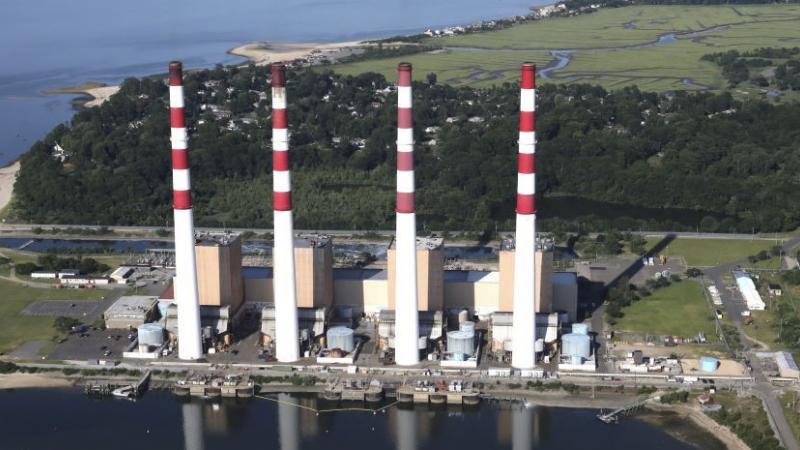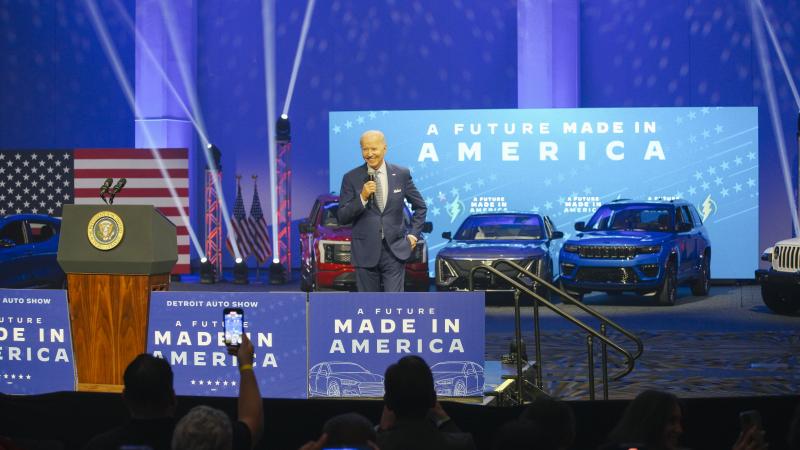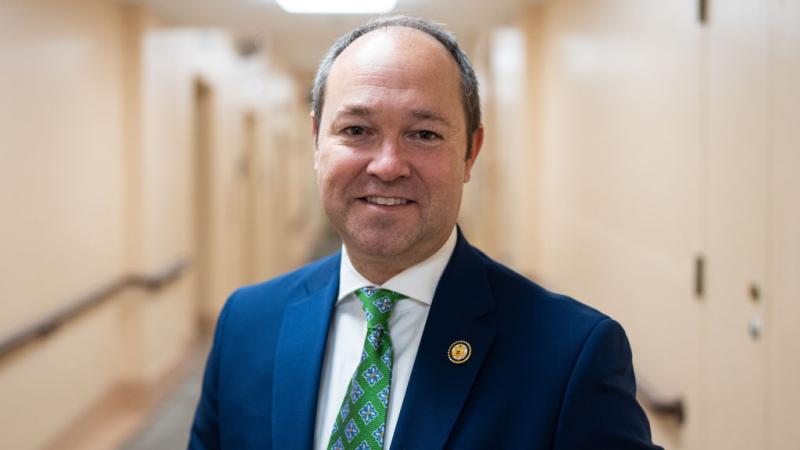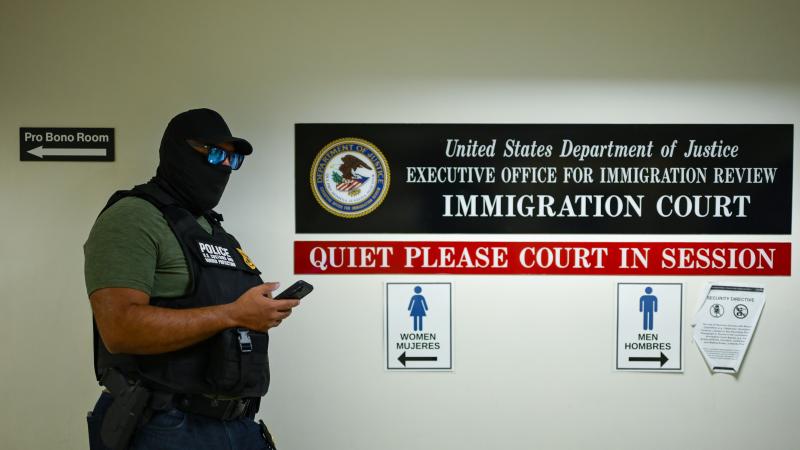Boston City Council approves green building code in latest strike against gas appliances
Once in place, the code is expected to put a substantial burden on building developers in the city while achieving what backers say is ‘environmental justice.'
The Boston City Council has adopted a new state building code to disincentivize fossil fuel usage in new construction and large-scale renovation projects, the latest locality to take aim at natural gas appliances.
The “Municipal Opt-in Specialized Stretch Energy Code,” which the city referred to as a “transformative green update,” passed 8-4 on Wednesday and will now be sent to Mayor Michelle Wu’s desk for her expected signature.
The code, as noted by Boston Globe, amounts to a near outlawing of new fossil fuel-operated appliances like gas stoves and drying machines. It will impose costly, climate-friendly requirements on developers who opt for fossil fuel connections in buildings, requiting they meet stringent energy efficiency standards. The code will also force developers using gas and oil to build, to pay more out of pocket for additional electrical wiring inside buildings so that they can easily transition to green electricity in the future.
Wu, a Democrat, has bragged that her administration is committed to a “Green New Deal for Boston.”
Ignoring the price burden on developers, Wu said that a green energy approach “lowers operating costs, and reduces the energy costs burden for residents” at a press conference in March.
Democrats around the country have voiced support for some form of a green transition or another. Back in 2019, Rep. Alexandria Ocasio Cortez, D-N.Y., touted her sweeping Green New Deal proposal that one study estimated would cost $93 trillion, or $600,000 per household.
But the congresswoman is not the only official in her state to lean heavily into the green agenda. New York Gov. Kathy Hochul proposed legislation in January that would ban new fossil fuel infrastructure such as gas lines for furnaces and stoves in buildings over the next several years, a measure already enacted by then New York City Mayor Bill de Blasio more than a year earlier.
San Fransisco is another city to have followed New York's lead, issuing its own ban on natural gas in new buildings. In California alone, more than 70 cities have either mandating or moving to mandate new buildings to be all-electric.
In response to this trend, states like Texas, Tennessee, Florida, Georgia and others have responded by prohibiting their cities from mirroring such drastic measures.
Follow Addison Smith on Twitter.














